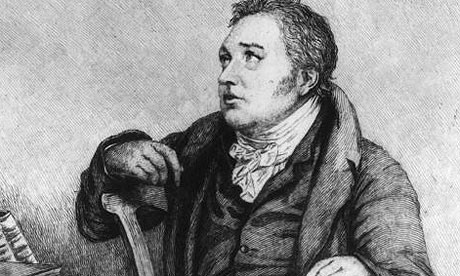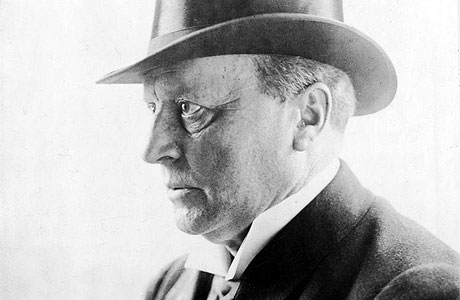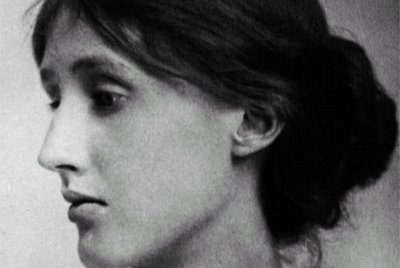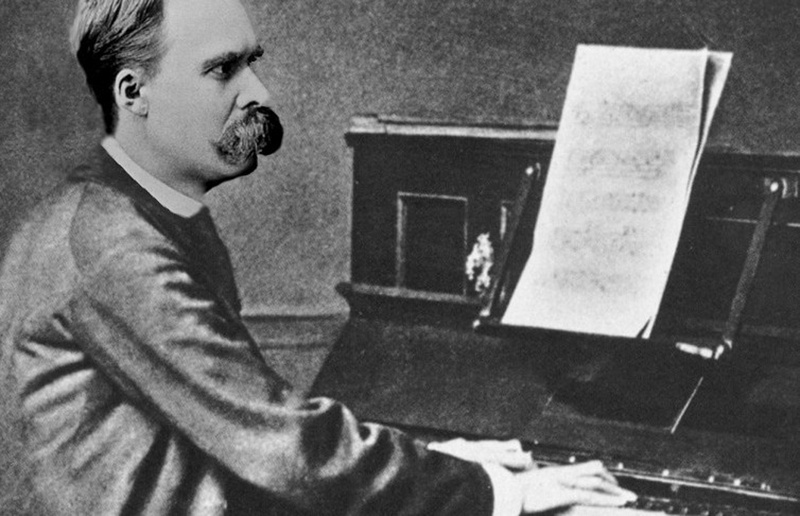Breathless.
 Tuesday, September 4, 2012 at 09:55PM
Tuesday, September 4, 2012 at 09:55PM  Kubla Khan's great, but was Coleridge's famous person from Porlock just a cracking excuse for not knowing how to finish his poem? Time spent at desk: vast (though much of it in an opiated stupor).
Kubla Khan's great, but was Coleridge's famous person from Porlock just a cracking excuse for not knowing how to finish his poem? Time spent at desk: vast (though much of it in an opiated stupor).
I love the idea of writing – of, as Clive James put it, ‘turning a phrase till it catches the light.’ The problem with writing is that it doesn’t require you to breathe (though, naturally, it helps). Likewise, it doesn't demand that you jump, sing, waggle your fingers, bend your knees or run till your heart pounds in your ears. It's just you, at a desk, in a room, listening to your thoughts like a prisoner in a cell.
That isn't to say the exercise of this solitary discipline doesn't produce amazing results, or that the process should be improved in some way. It's just that it seems such a pity that writers, who are driven by the same compulsion as musicians or dancers to present something beautiful or arresting, never get to use their bodies in the composition of a work; it's just that I wonder how the more dynamic process of embodiment – of using one's voice or limbs to extrude the inner reality into the communal, lived reality via the conduit of your body – might affect the end product.
I imagine that authors, not even Hemingway who stood at a lectern to write, hardly ever get the feeling a singer has when she stands before an audience and reaches for a high C or a guitarist takes a run up the strings without knowing whether he’ll make it – and the audience never has the chance to sit there marvelling at the daring and beauty of such a transition from one mode of being to another, of the instant when art becomes epiphany.
 On his deathbed, Henry James became convinced that he was Louis XIV, and wrote some pretty complicated memos about the maintenance of Versailles. Time spent at desk: outrageous.
On his deathbed, Henry James became convinced that he was Louis XIV, and wrote some pretty complicated memos about the maintenance of Versailles. Time spent at desk: outrageous.
Sure, there are some literary movements that tried to counteract this tendency by making writing more spontaneous and vital. There are the Beats with Kerouac’s endless roll of paper; there’s the Bloomsbury Group with Woolf’s stream of consciousness. But where one tended towards disintegration beneath the weight of its own superficiality and endless bebop revelation, the other more psychoanalytical movement tended towards too much depth and not enough momentum, which itself became a kind of paralysis (though Woolf is actually spectacularly readable, and exciting, and a genius).
 No frivolity here because, in addition to having a tragic end, Woolf was so clever and funny that any gags would expose me for the crass and talentless moron that I am. Time spent in a room of her own: astonishing.But, wait: my interest is not with the readability of these works, but rather the mental states entailing their creation. So, while I acknowledge that there must be moments when authors glimpse that evanescent momentum, that strange vibration between self and world (at which point I imagine great vistas bathed in golden light and perfectly proportioned elysian avenues of elegantly punctuated prose open up before them), I can’t believe it happens that often. Without breath, without that living bridge between inner and outer – whilst writing remains the product of rational endeavour and emotion reflected in tranquillity – those transcendental moments must surely be far fewer with writing than in other art forms.
No frivolity here because, in addition to having a tragic end, Woolf was so clever and funny that any gags would expose me for the crass and talentless moron that I am. Time spent in a room of her own: astonishing.But, wait: my interest is not with the readability of these works, but rather the mental states entailing their creation. So, while I acknowledge that there must be moments when authors glimpse that evanescent momentum, that strange vibration between self and world (at which point I imagine great vistas bathed in golden light and perfectly proportioned elysian avenues of elegantly punctuated prose open up before them), I can’t believe it happens that often. Without breath, without that living bridge between inner and outer – whilst writing remains the product of rational endeavour and emotion reflected in tranquillity – those transcendental moments must surely be far fewer with writing than in other art forms.
 John Wilmot, 2nd Earl of Rochester. Brawler, rake, murderer, master of epigrams, contractor of amatory diseases, cherished bête noire of Charles II, amateur physician selling cures that blinded people and occasional genius poet. Time spent at desk: not quite enough.Ultimately, then, writing is too disciplined and rational to be metaphysical. Even the metaphysical poets weren’t really metaphysical, as their writing, like everyone else’s, did not transport them between states. It was carefully constructed to produce a metaphysical effect in its readers, enchantment in sonnet form. This also explains why Nietzsche got so excited about music in The Birth of Tragedy: it seemed to promise emancipation from the looping, solipsistic spirals of thought, a union between Apollonian rationalism and his beloved Dionysian revel.
John Wilmot, 2nd Earl of Rochester. Brawler, rake, murderer, master of epigrams, contractor of amatory diseases, cherished bête noire of Charles II, amateur physician selling cures that blinded people and occasional genius poet. Time spent at desk: not quite enough.Ultimately, then, writing is too disciplined and rational to be metaphysical. Even the metaphysical poets weren’t really metaphysical, as their writing, like everyone else’s, did not transport them between states. It was carefully constructed to produce a metaphysical effect in its readers, enchantment in sonnet form. This also explains why Nietzsche got so excited about music in The Birth of Tragedy: it seemed to promise emancipation from the looping, solipsistic spirals of thought, a union between Apollonian rationalism and his beloved Dionysian revel.
 Play that funky music, white boy. Nietzsche's descent into madness was supposedly triggered by seeing a horse savagely flogged. Weeping, Nietzsche threw his arms around the horse's neck and then collapsed. Time spent at desk: incalculable.And that is why I’m going for a walk now – because while I may not be able to make much use of my breath as I sit here and write, I can at least go outside and put one foot in front of the other for a while, and that’ll do for now.
Play that funky music, white boy. Nietzsche's descent into madness was supposedly triggered by seeing a horse savagely flogged. Weeping, Nietzsche threw his arms around the horse's neck and then collapsed. Time spent at desk: incalculable.And that is why I’m going for a walk now – because while I may not be able to make much use of my breath as I sit here and write, I can at least go outside and put one foot in front of the other for a while, and that’ll do for now.

Reader Comments